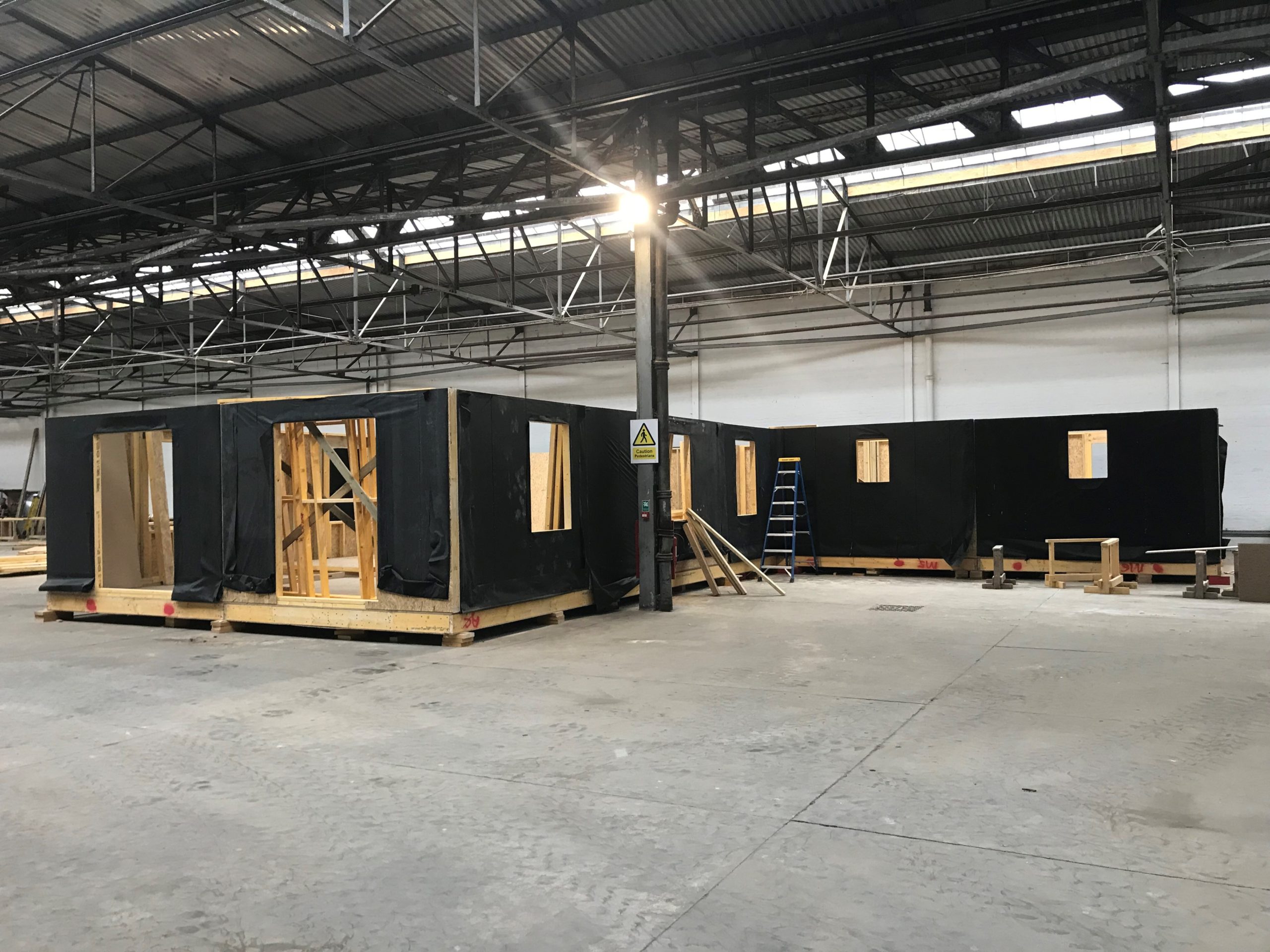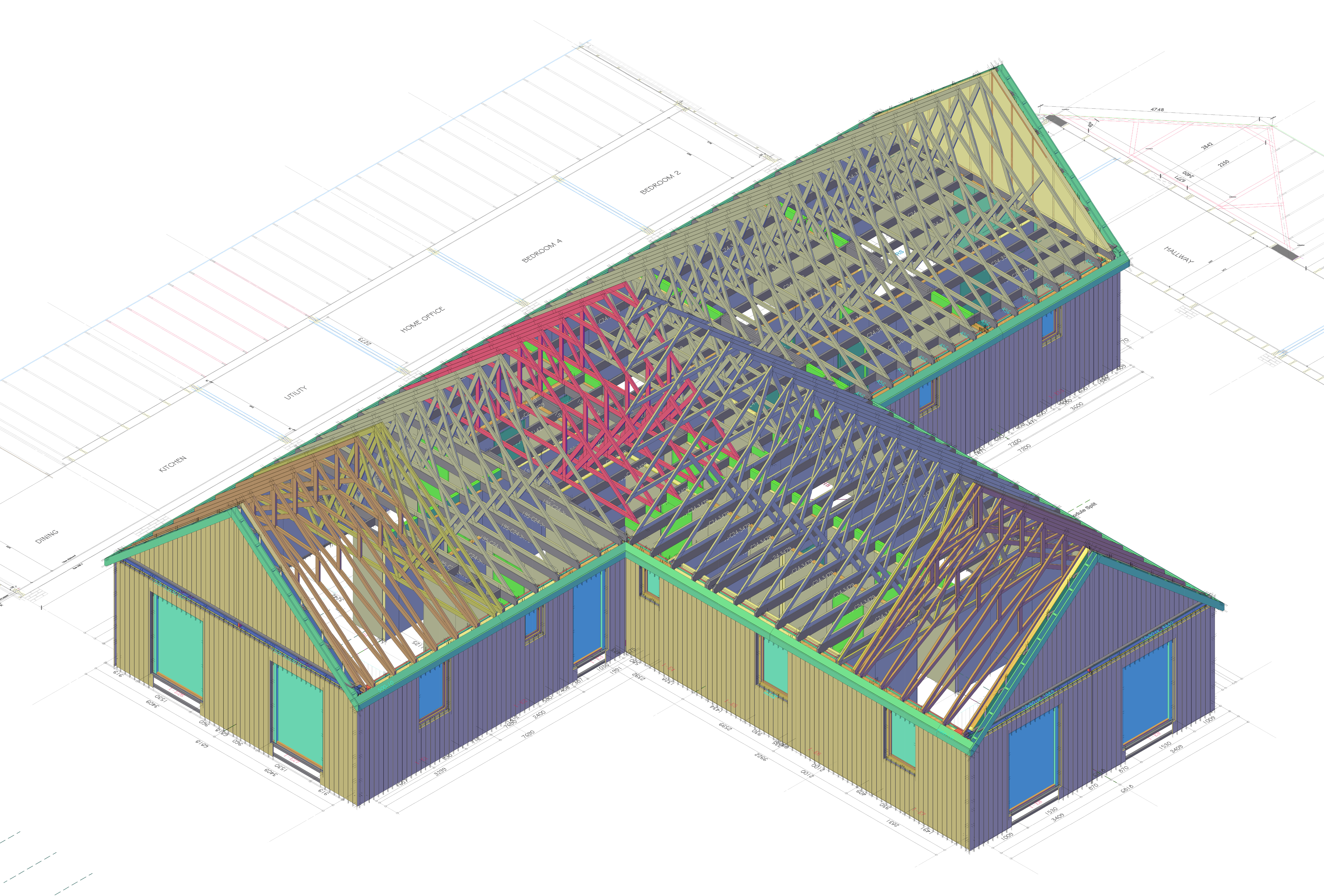
THE Wee House Company Ltd has embarked upon its largest wee house to date with the build of a four-bedroom bespoke home measuring 215 square metres.
Based in Ayrshire, the modular home specialist said that the new home is almost nine times the size of a studio wee house, which is its smallest offering.
The ‘monumental’ build will feature an open plan kitchen-dining-living area, office, utility room, walk-in wardrobe, two en-suite bathrooms, one family bathroom, a wood burning stove, and vaulted ceilings.

Jennifer Higgins, MD of The Wee House Company, commented, “We are delighted to be delivering this 215 sqm home for our client and I look forward to seeing the progress unfold in our factory in the weeks ahead. The commission of this large-scale project represents a real opportunity for us to showcase what we can do, and perhaps it might even pique the interest of an audience we have not yet reached before.”
The owners of the new home are young couple, Daryl McWhinnie and Heather Campbell. Heather said, “We are excited to claim the title of Biggest Wee House yet! When we first contacted The Wee House Company, I’ll admit that the ‘wee’ brand name did make us wonder if they would be able to take on a project such as ours, but within minutes of speaking to the team any concerns we had completely vanished, and it became clear the design possibilities were endless.
“As first-time homeowners with zero knowledge of self-building, we really valued the guidance of the design manager who guided us through every step of the process.”
All wee houses are constructed off-site in The Wee House Company’s Ayrshire factory and are comprised of different modules. The modules are completed to ceiling height with kitchens, bathrooms, plumbing and electrics all fitted before being transported to site for the final stage of works to be carried out.
The firm explained that building off-site is ‘one of the most sustainable approaches in construction’. It added that the factory setting reduces waste since off-cuts of materials can be used in other builds. Anything that can’t be used is sorted by material; plastic and cardboard are turned into recyclable bales and off-cuts of wood are used to help heat the factory.








